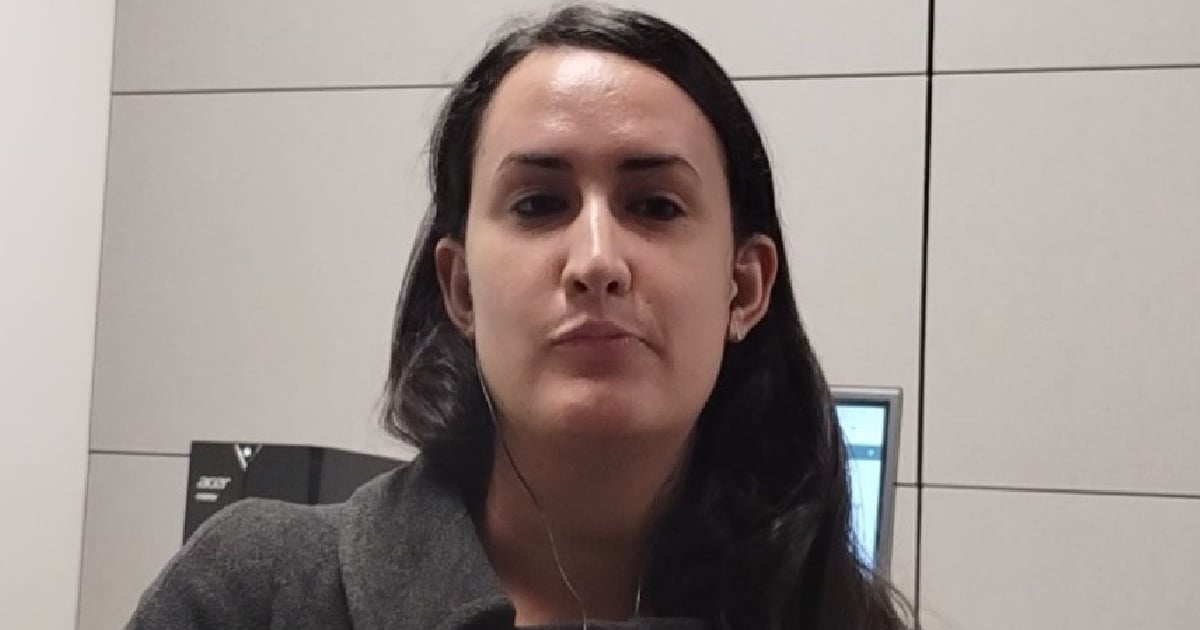Elizabeth Borrego, the correspondent for Cuba's Prensa Latina at the United Nations headquarters, has reportedly left her position to remain in the United States, as revealed on Thursday. At 31 years old, Borrego had been representing the Cuban state-run news agency at the UN in New York since 2023. However, she informed the central office in Havana that she would not be returning to Cuba, as confirmed by the news portal Cubanet.
The agency had not experienced the loss of a journalist in such a prominent position since their London correspondent, Néstor Marín, decided not to return to Cuba in January 2023, despite being a close associate of the former president of the media outlet, Luis Enrique González.
Borrego's decision to stay has been praised by her former colleagues, who described her to CiberCuba as an excellent professional. Her departure adds to a growing trend of young and talented journalists seeking better living conditions, as noted by another employee of the media outlet in an interview with El Vigía de Cuba. "She is a good journalist, but like any young person, she dreams of a dignified life, of having children, and that is impossible here," said a colleague who chose to remain anonymous.
While some have criticized Borrego's decision, claiming she betrayed the trust placed in her by being assigned to such a significant position at the UN, the young journalist from Sancti Spíritus comes from a family of reporters. She is the daughter of the late Juan Antonio Borrego Díaz, former director of the newspaper Escambray and correspondent for Granma.
In recent years, Prensa Latina has lost nearly fifty journalists, many of whom have chosen to emigrate to the United States or other countries in search of better opportunities. The agency is facing severe financial challenges, with several international offices struggling to pay rent and salaries. Furthermore, the lack of leadership adds to their woes, as the agency has been without a president since Luis Enrique González was appointed ambassador to an African nation.
Despite the crisis, Prensa Latina continues to operate 36 bureaus in key cities worldwide, including its Washington office, which remains active with correspondent Deisy Francis Mexidor, who has been linked to Cuban intelligence.
On December 30, it was also reported that Sergio Ortega, one of Cuba's most prominent voices in sports commentary and narration, arrived in South Florida with his family.
Impact of Journalists Leaving Cuba
Why did Elizabeth Borrego decide to stay in the United States?
Elizabeth Borrego chose to remain in the United States in pursuit of better living conditions and opportunities, similar to many other young Cuban journalists.
How has Prensa Latina been affected by the departure of its journalists?
Prensa Latina has experienced significant challenges due to the loss of journalists, including financial difficulties and a lack of leadership, as well as the ongoing departure of talented reporters seeking better opportunities abroad.
